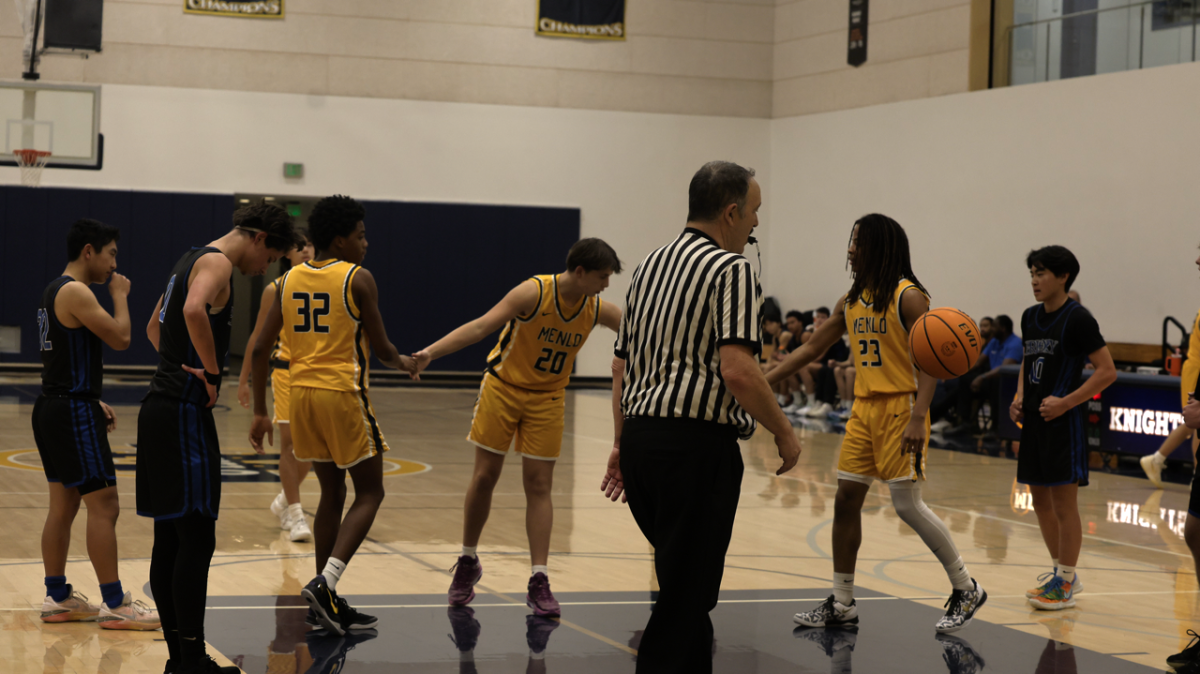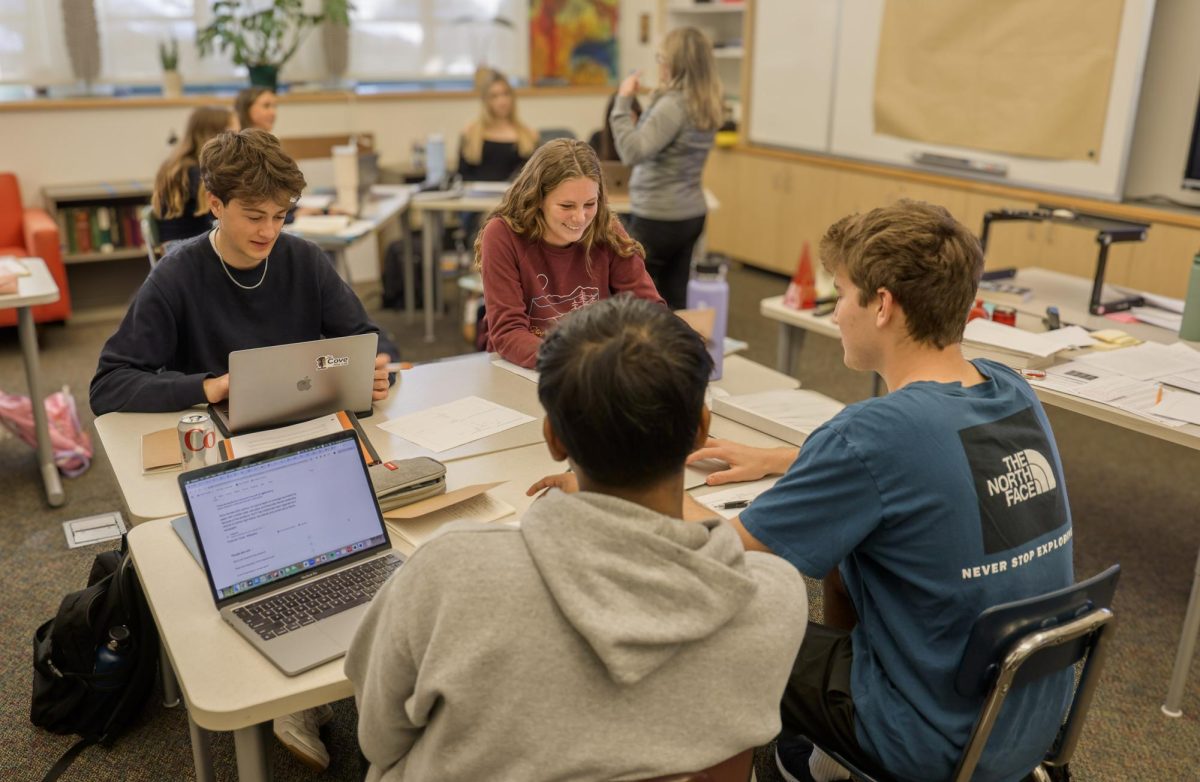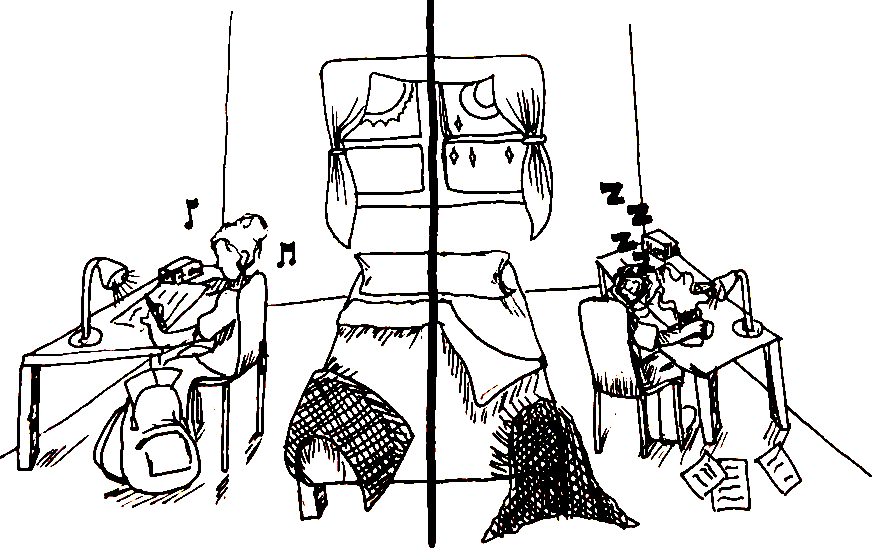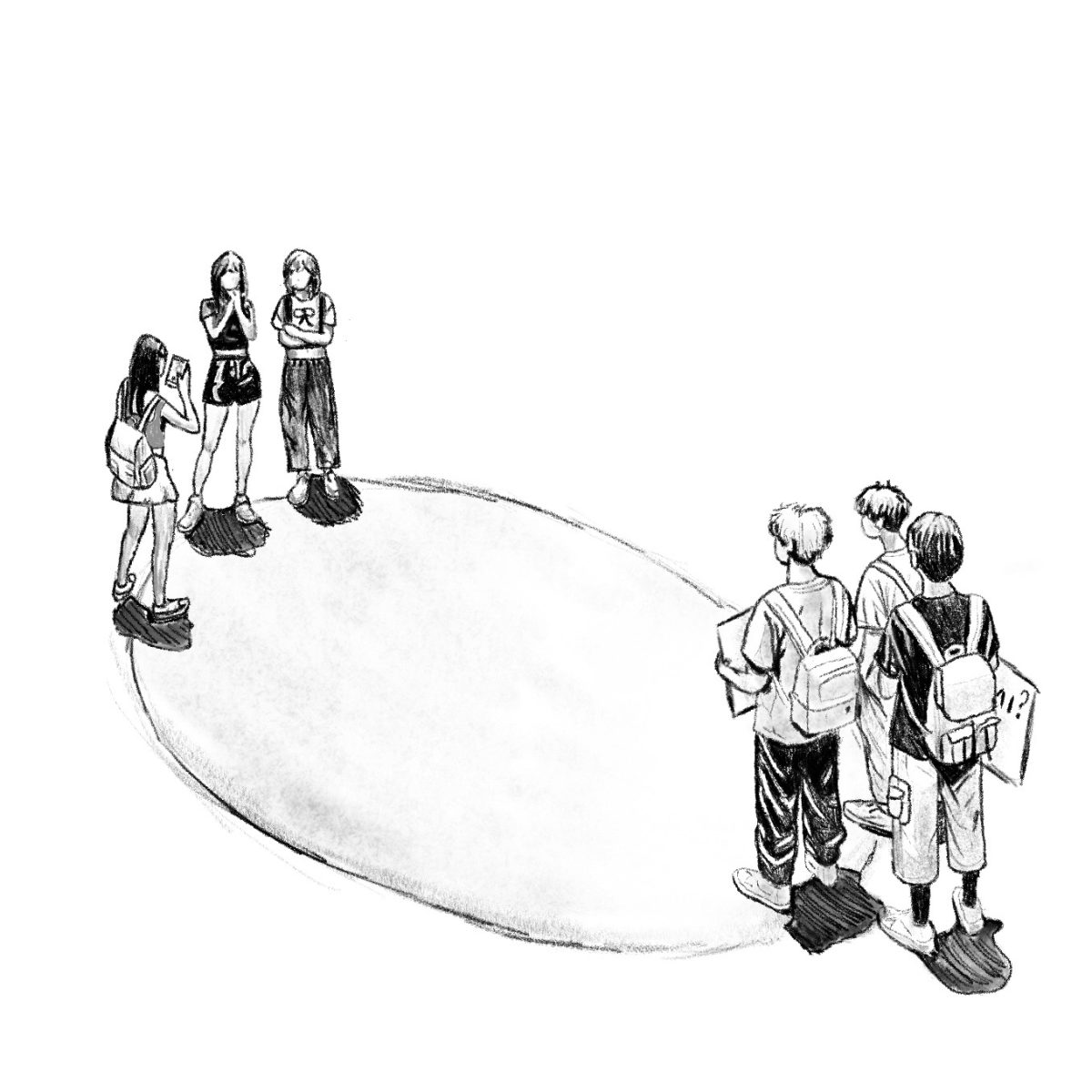
I am not here to say whether student protesters protesting the Israel-Hamas war are right or wrong, nor am I writing this to make a statement on the war. My goal is to criticize U.S. universities’ handling of predominantly-peaceful student protests.
Although many American universities have been featured in the news recently after protests erupted across college campuses, Columbia and UCLA have received extra attention.
Columbia’s administration miscalculated their response to a primarily peaceful situation on campus. On April 17, Columbia students erected an encampment to protest both Israel’s military campaign in Gaza and the school’s investment in Israeli and pro-Israel companies. Although the encampment was peaceful, the administration declared it unlawful and demanded the students to disperse; when they didn’t, the university authorized police to intervene, and they arrested over 100 protesters. This decision certainly didn’t de-escalate the situation. Students have a right to free speech. Columbia indeed had the legal right to call for the students’ arrest, but that doesn’t mean they should have. Additionally, arresting — and later releasing — a small subset of a large group of passionate protesters will not suddenly demotivate them. The protests at Columbia came back the next day, and they certainly didn’t shrink in size.
Some argue that these encampment crackdowns are warranted due to antisemitic activity occurring at them. However, the protests themselves were calling for an end to what the students claim is a genocide occurring in Gaza; they were not about Jews. Columbia rightfully suspended a student organizer who said that “Zionists don’t deserve to live.” However, unless a considerable number of protesters were saying hateful things or inciting violence, the school should have dealt with problematic individuals individually instead of shutting down the predominantly peaceful protest.
I do believe that Columbia made the right decision to take back a building seized by protesters. A group of people, including some unaffiliated with the university, took over a building, barricaded the doors, and refused to leave — a much greater safety concern than camping out on the quad. The New York Police Department was too violent with protesters, but that was out of the Columbia administration’s control. Although Columbia made the best choice here, if they had avoided escalating the situation — by not ordering the arrest of students on April 18 — this violence possibly could have been avoided.
After the Columbia administration was too harsh on protesters, the UCLA administration saw the backlash and presumably decided to take the opposite approach. Students set up a predominantly peaceful pro-Palestine encampment. However, on the night of April 30, a group of pro-Israel counterprotesters incited violence that led to multiple injuries. Campus police didn’t confront the counterprotesters, and the Los Angeles Police Department wasn’t called in to help for multiple hours. UCLA’s administration should have immediately called in police help when violence erupted, and they are rightfully being criticized for their response.
Although I have heard the argument that colleges will get criticized no matter how they respond to protests, which may be true, some colleges have handled the protests better than others. Among this list is Brown University. According to The New York Times, “Brown students took down their tents on campus after the university in Rhode Island agreed to discuss their demands for divestment from support for the Israeli military.” An agreement with students is a more effective way to stop protests compared to threatening to arrest protesters. This way, Brown doesn’t receive negative media attention, students’ day-to-day lives aren’t disrupted and commencement can continue as planned.
Universities should only disrupt protests on their campuses if they become violent or hateful. Working with protesters to find a mutually agreeable solution is the most effective way to de-escalate tensions, thus avoiding the need for heavy-handed crackdowns.








